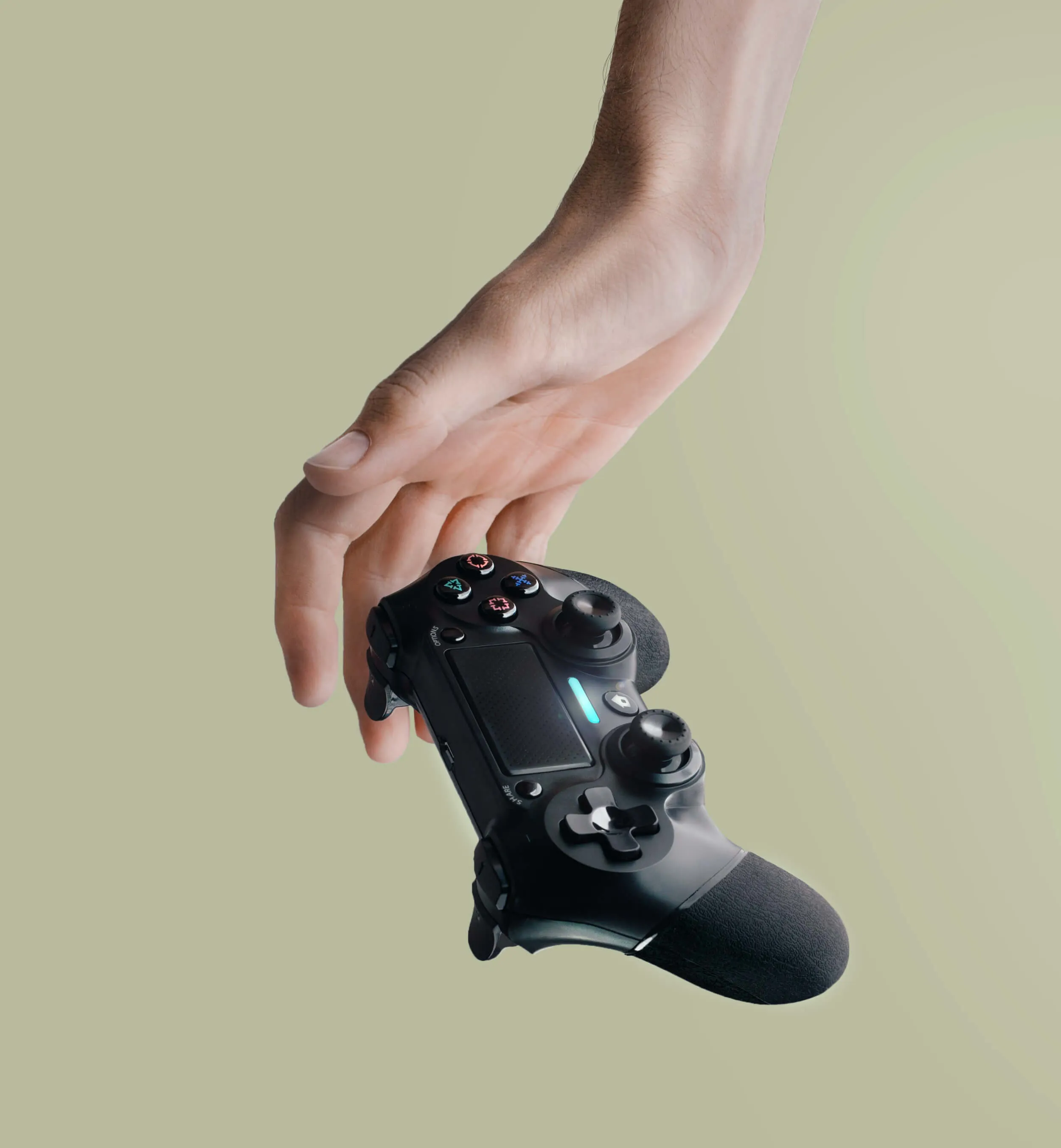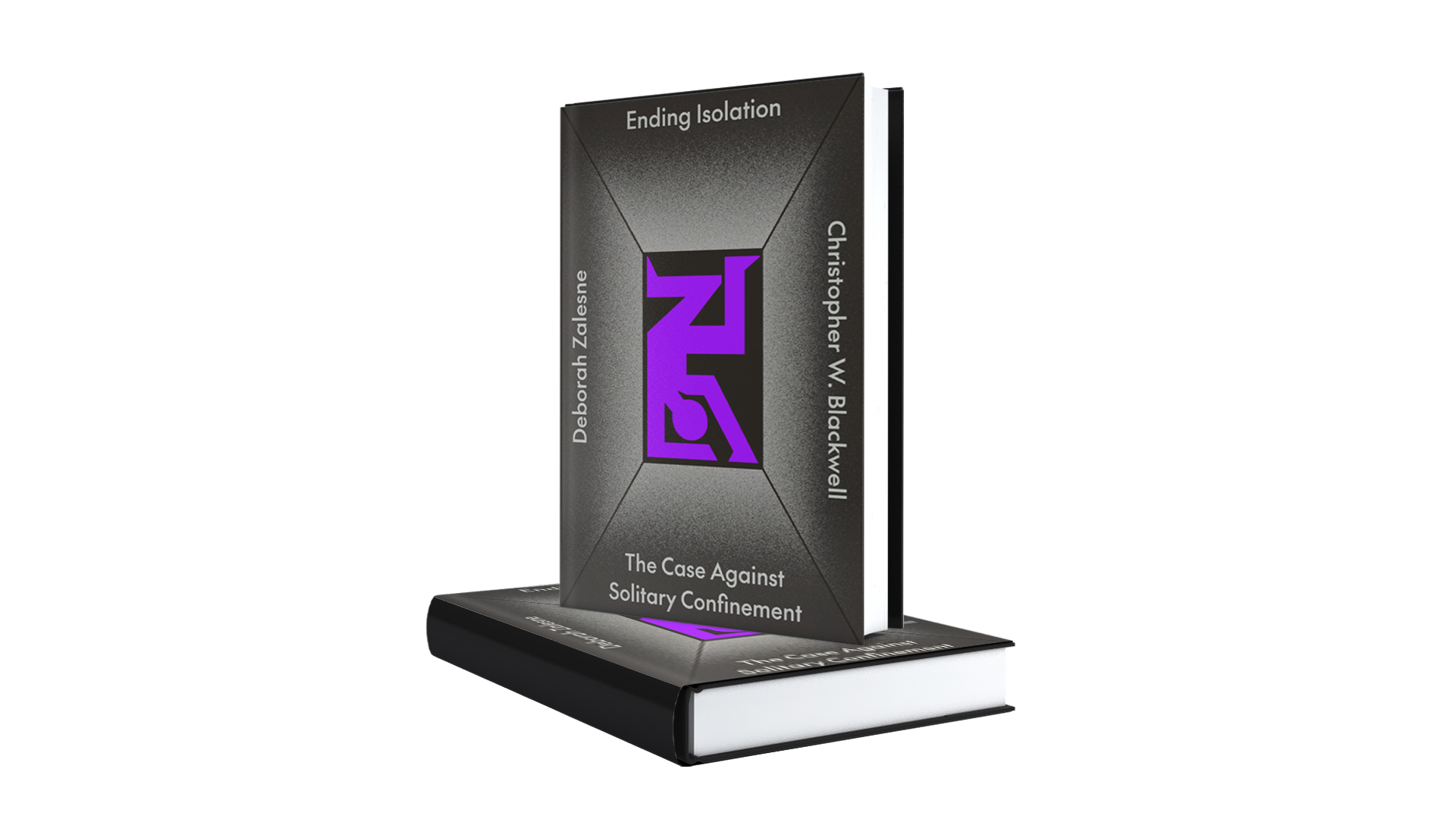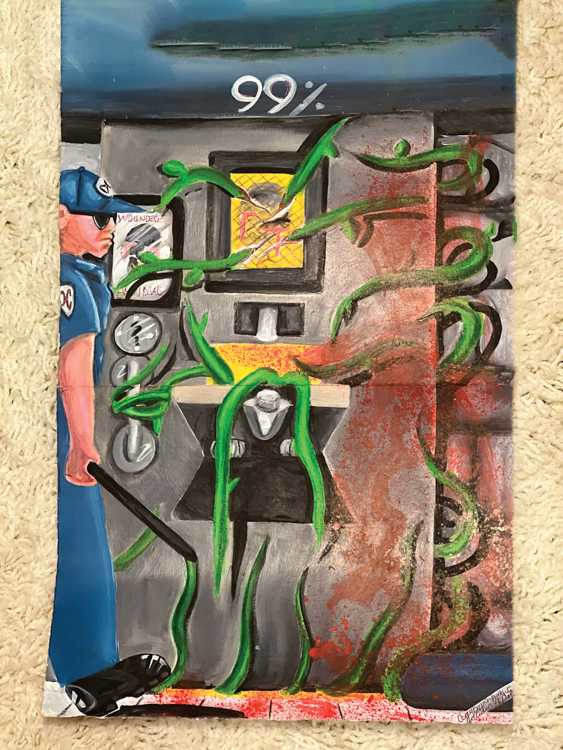I was 16 when I experienced the justice system and incarceration and isolation. I was imprisoned at Remann Hall, Tacoma. We were behind closed doors lock and key for 22 hours a day with 2 hours out for showers and day room. The two times I was imprisoned in juvenile destroyed all my childhood dreams and aspirations to be a culinary Master Chef, as well as disrupted my educational and social experience. During my imprisonment as a child, my heart was broken, because I believed my family abandoned me, which caused a degree of separation within my familial bonds I shared with my mother and siblings, pulling me closer towards my relationship with my peers who faced similar experiences. It was through these newly forged friendships, I was affirmed and appreciated for my street smarts – a new value system that gave me an identity and status in a structural gang culture hierarchy. This was my intervention, reform, and education.
Vincent
The juvenile justice system had a litany of effects to me. It allowed me to develop a sense of distrust for authority and law enforcement. It taught me to think in a dog eat dog type of way where only I mattered, and others were expendable. That violence wasn’t only necessary, but required to survive, unless I wanted to become a victim. And most importantly that people in a position of authority were frequently the victimizers I had to be aware of. During my incarceration at the juvenile institution in Maple Lane School, I was the victim of a sexual assault by a male staff member, which helped cement by complete distrust of the system and anyone in a position of authority within it.
Augustus
Green Hill (youth prison) was an environment that fostered racism and division. The staff encouraged it because it caused fights which many liked to watch. I went in at 15 and was surprised to see groups divided not only by fighters and non-fighters, but also by race. I tried to make friends with everyone, especially the Mexicans as I spoke quite a bit of Spanish, and wanted to be from a Mexican gang, but it wasn’t happening. I made it 7 months before I joined a white gang that was made up in Green Hill. I was scared and alone and got acceptance from my older peers because of my willingness to fight. It was all BS, but it set the course to destruction that came in a few short years.
David
I was sentenced to 28 to 48 months and sent to Green Hill School (Youth Prison). During my stay it was so tumultuous and hectic. It felt like I was sent to a camp for bad kids who were just housed there until it was time to leave. I arrived with all my baggage and rarely was I provided the opportunity to unpack the pain I felt inside or even why I did what I did. I can only recall constantly hearing that I needed to change but was never given the right tools to do so. I arrived as a kid and eventually, days after my 18th birthday, was released. I was still stuck in a kid’s head with no clue how the real world would smack me in the face. I didn't even understand the importance of something like a resume.
Jarrod
I was 13 years old when I first experienced incarceration. I was in the juvenile system at Pierce County, Ramen Hall for breaking a window. I was immediately named and treated as a "Youth At Risk," which caused more insecurities and led to more rebellious behavior because I eventually adopted that identity. It’s like when you tell a child that they are stupid constantly and they begin to believe it for themselves. The Juvenile system did not meet any of the needs or address any of the issues I had as a youth, nor did it prevent me from getting into trouble.
Billy
First time I was arrested was for bringing a pistol to my elementary school. From that day on, my life played out in the criminal legal system. Foster care attempted to play a part in my life, but I found the first window to jump out and never looked back. In the system I learned how to adjust my hustle and learn how to play the game so that when I was free my struggle wouldn’t be so hard. No part of juvenile or adult institutions or prisons had any positive results for me. If anything, it was simply reinforced that I had nowhere else to go.
Nathan
I was given 45 weeks and sent to Echo Glen Children’s Center (youth prison). Up to that point I had never been involved in any gang activity and didn’t consider myself to be violent. But that changed in juvenile prison. Even more than in the adult system violence is respected in juvenile joints. You either fight, pretend you can by your size, or you are a victim. The truth is, up until I was done with my first 45 weeks I had always been scared to fight.
David
The system never raised me to be a productive member of society. I was simply a dollar sign to people, with more foster home and group home placements than anyone I know. 18 years, guess what the foster system did to help me prepare to be an adult? Nothing, still child-like mentality of feeling like everything will be handed to me, I received nothing. No DMV help, no I.D. I was supposed to be a productive member of society, no personal finance training, no help with a job, no help period. The day I turned 18 I heard the same “systematic” phrase I hear in prison: ‘Unique, pack your shit. You got to go.
Tarryn
Since I was young, about 8 or 9, I've been getting into trouble with the law, sure it was nothing, little stuff, but in "96" I was arrested for assault 2. This was my first experience with incarceration. I was in and out of the juvenile system until I was 17 when I was charged as an adult. Doing all that juvenile time only gave me an education in the criminal lifestyle that continued until I received all this time. Juvenile was my school, it prepared me for my adult life in crime.
Michael





.jpg)
.jpg)
.jpg)

.jpg)
.jpg)